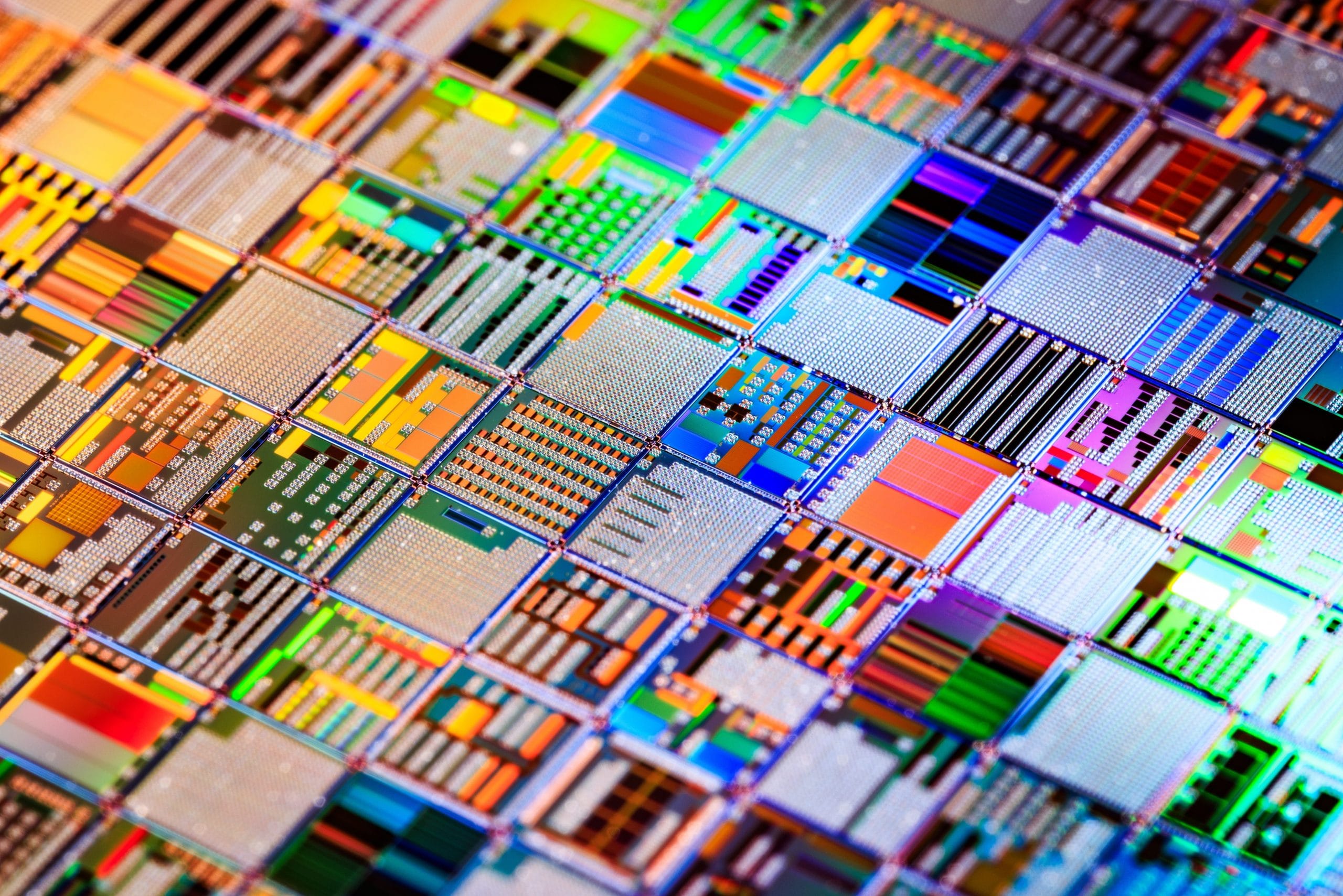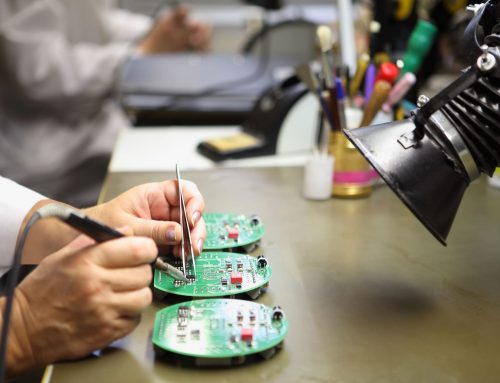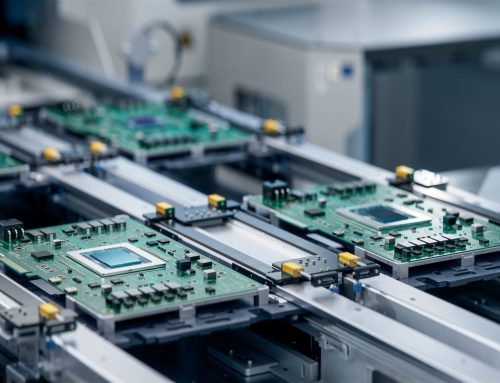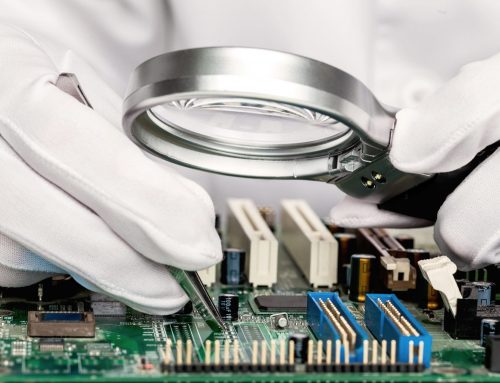What do smartphones, computers, electric vehicles and medical devices have in common? Semiconductors! These tiny components make all these electronic products possible.
Semiconductors possess a unique ability to act as both conductors and insulators, depending on external factors like temperature, voltage or doping (the introduction of impurities to alter conductivity). This allows electronics manufacturers to finely control the flow of electrical current, making semiconductors the perfect medium for creating components in microelectronics, such as transistors, diodes and microchips (also known as integrated circuits).
Over the past few decades, advanced chip technology has allowed for the creation of faster, smaller and more energy-efficient devices — with the number of transistors on a microchip doubling roughly every two years in line with increasing computing power and efficiency.
Original equipment manufacturers (OEMs) can now pack billions of transistors onto a single chip thanks to the industry moving from micro- to nano-scale manufacturing. This miniaturisation has not only made devices more powerful whilst consuming less energy, but it has also enabled faster computing speeds and more complex applications.
Let us take a look at some of these applications…
Key applications in microelectronics
Semiconductors are found in a wide range of applications, including:
- Consumer electronics. From smartphones to laptops, semiconductors power nearly every electronic device in daily life.
- The automotive industry. With the rise of electric vehicles and autonomous driving technologies, the demand for advanced semiconductors in the automotive industry has skyrocketed.
- Medical devices. Semiconductors are vital in critical applications, such as pacemakers, MRI machines and other medical diagnostic tools.
- The rollout of 5G networks has increased the demand for high-performance, advanced chip technology capable of handling vast amounts of data at high speeds.
- Renewable energy. Semiconductors play an essential role in solar panels and energy-efficient power management systems.
As electronics manufacturers continue to innovate, they are not only improving the performance of their products but also creating more compact, lightweight and energy-efficient solutions.
For instance, new semiconductor materials, such as gallium nitride (GaN) and silicon carbide (SiC), are now being used in power electronics to deliver higher efficiency at lower energy costs. These materials enable devices to handle higher voltages and temperatures, which is essential for applications like electric vehicles and industrial machinery.
Challenges for electronics manufacturers
Recent disruptions in the global semiconductor supply chain have highlighted the fragility of these materials.
The COVID-19 pandemic, geopolitical tensions and surging demand for electronics have all contributed to a global semiconductor shortage. As a result, electronics manufacturers worldwide have struggled to meet production targets — causing ripple effects in many industries, from consumer electronics to automotive.
For electronics manufacturers, creating reliable semiconductor-based assemblies is also no small feat. Ensuring the long-term durability and performance of semiconductors is crucial. Particularly in industries like automotive, marine and transportation — where components are subjected to extreme conditions, such as high temperatures, humidity and vibration.
As such, when producing electronic assemblies for such demanding applications, electronics manufacturing services providers must take several factors into account, including:
- Thermal management. Semiconductors are sensitive to heat, and excessive temperatures can degrade their performance or cause them to fail altogether. Proper cooling solutions, heat sinks and materials that dissipate heat are crucial to maintaining reliability.
- Vibration resistance. In industries like automotive and aerospace, electronic components are constantly exposed to mechanical stress and vibration. Electronics manufacturers must ensure solder joints, connectors and other components are rugged enough to withstand these conditions.
- Waterproofing and corrosion resistance. In marine applications, semiconductors must be sealed to prevent exposure to moisture, which can lead to corrosion and short circuits. Specialised coatings and enclosures are often used to protect these intricate and fragile components.
- Electromagnetic interference (EMI). With the growing complexity of electronics, the risk of interference from other electronic devices is higher than ever. Electronics manufacturers must, therefore, produce assemblies with EMI shielding to ensure the smooth operation of devices in environments crowded with electrical signals.
Your partner for electronics manufacturing services
As new semiconductor technologies continue to break through, electronics manufacturers must continue adapting their assembly techniques to ensure the highest quality products and maintain cost-efficiency.
This involves working closely with suppliers and maintaining a strong understanding of the latest innovations in semiconductor assemblies, such as advanced chip technology.
Partnering with a reliable electronics manufacturing services provider that understands the intricacies of semiconductor technology is vital.
With a focus on delivering robust and scalable solutions, EC Electronics is well-equipped to meet the challenges of microelectronics thanks to our commitment to ensuring product reliability, performance and efficiency — even in the most demanding environments.
Whether you are developing devices for the automotive sector, marine applications or medical devices, we can help. Contact us today at sales@ecelectronics.com or +44 (0)1256 461894 to find out more about our electronics manufacturing services.









